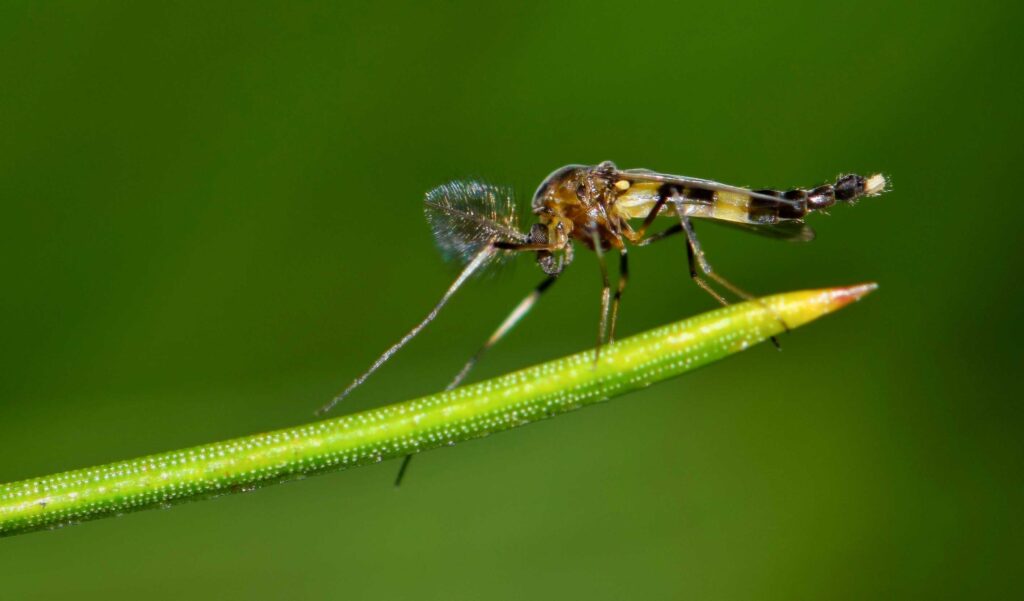Financial support for bluetongue testing ruled out
 © Adobe Stock
© Adobe Stock Farmers who are required to pre-movement test their animals due to bluetongue policies in Wales, will not be financially compensated by the Welsh or UK government.
The Welsh government is introducing a hard border with England on 1 July, as a direct result of England being declared a single Restricted Zone (RZ).
This requires livestock keepers to provide a negative bluetongue certificate for a ruminant animal to be allowed into Wales.
The test is expected to cost between £60-£70 an animal – a cost that farmers and the wider industry say will have severe consequences on their businesses.
See also: Welsh bluetongue border policy sparks industry concerns
To address these costs, Plaid Cymru’s rural affairs spokeswoman, Ann Davies, urged the UK government to commit to working with its Welsh counterpart on a scheme to compensate farming businesses for losses from the bluetongue restrictions.
“Welsh farmers are taking hit after hit – from Tory trade deals to Labour taxes, now on top of that, bluetongue restrictions affecting Wales and England will hamper cross-border trade,” said Mrs Davies at Prime Ministers Questions in Westminster yesterday (18 June).
A Defra spokesman told Farmers Weekly that the government recognises that keepers and businesses can be affected not only by the impact of bluetongue disease on animals, but also by disease control measures.
“That is why Defra seeks to minimise these burdens where safe to do so by using exemptions under licences, while maintaining the integrity and efficacy of measures intended to mitigate the risk of disease spread,” the spokesman said.
In Wales, deputy first minister Huw Irranca-Davies also ruled out compensation for farmers.
Speaking in the Senedd on Tuesday (17 June), he confirmed that the costs of pre-movement tests and of vaccinations would fall to the farmer.
“The government doesn’t provide support for individual business decisions on a farm basis. However, government will be funding the not insignificant investment in Apha and the associated testing and monitoring of this,” he said.
Welsh Conservative shadow cabinet secretary for rural affairs Samuel Kurtz, responded to the statement.
“Movement restrictions on stock, when the disease is not spread from animal-to-animal transmission, but by midges, are sowing uncertainty at the height of the trading season,” he said.
“This isn’t protecting the industry; it’s paralysing it.”
